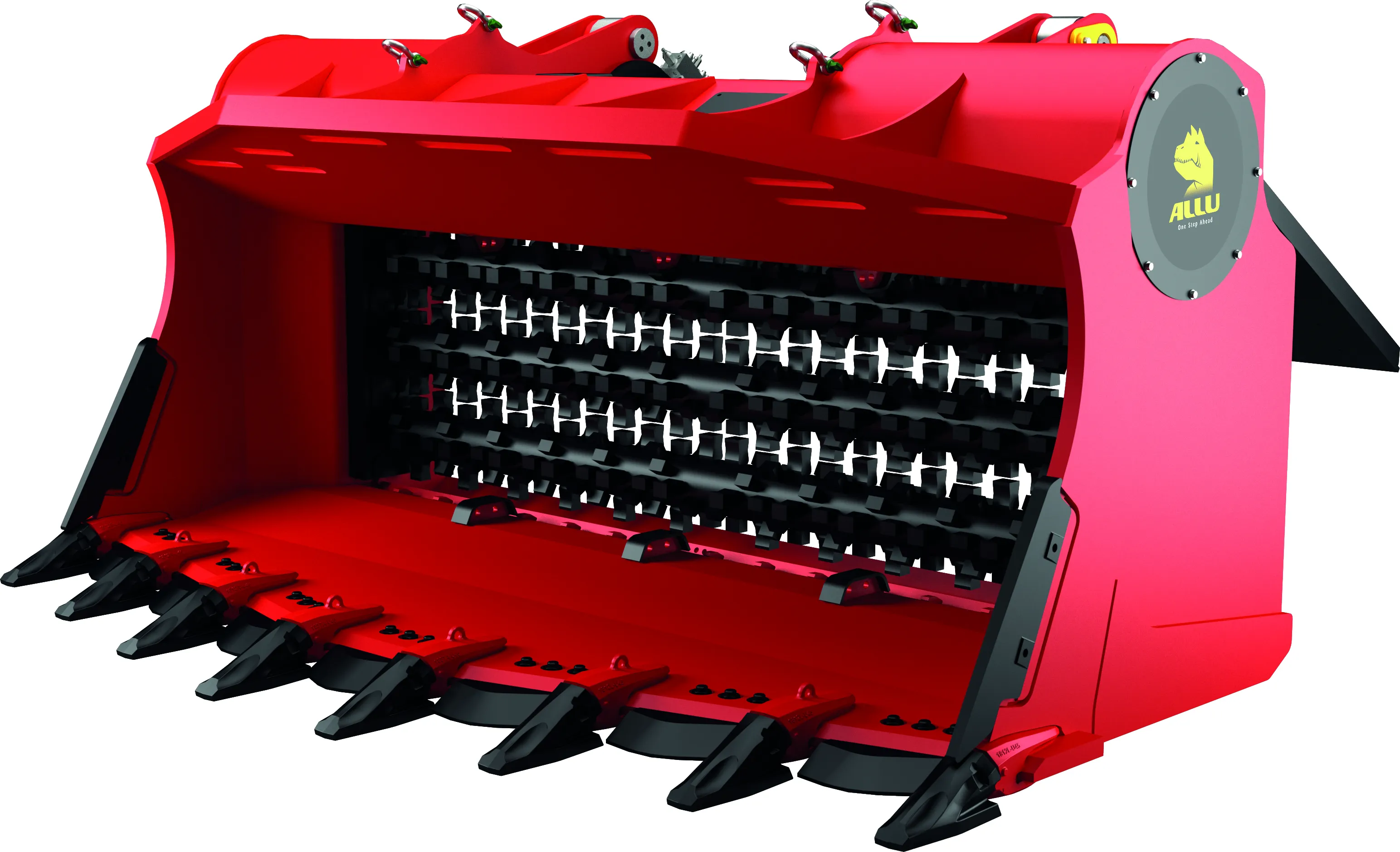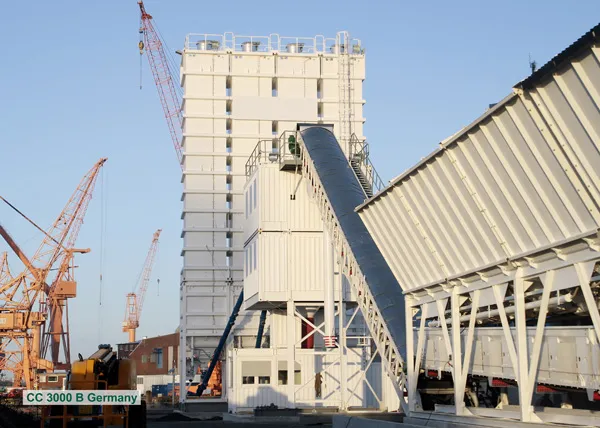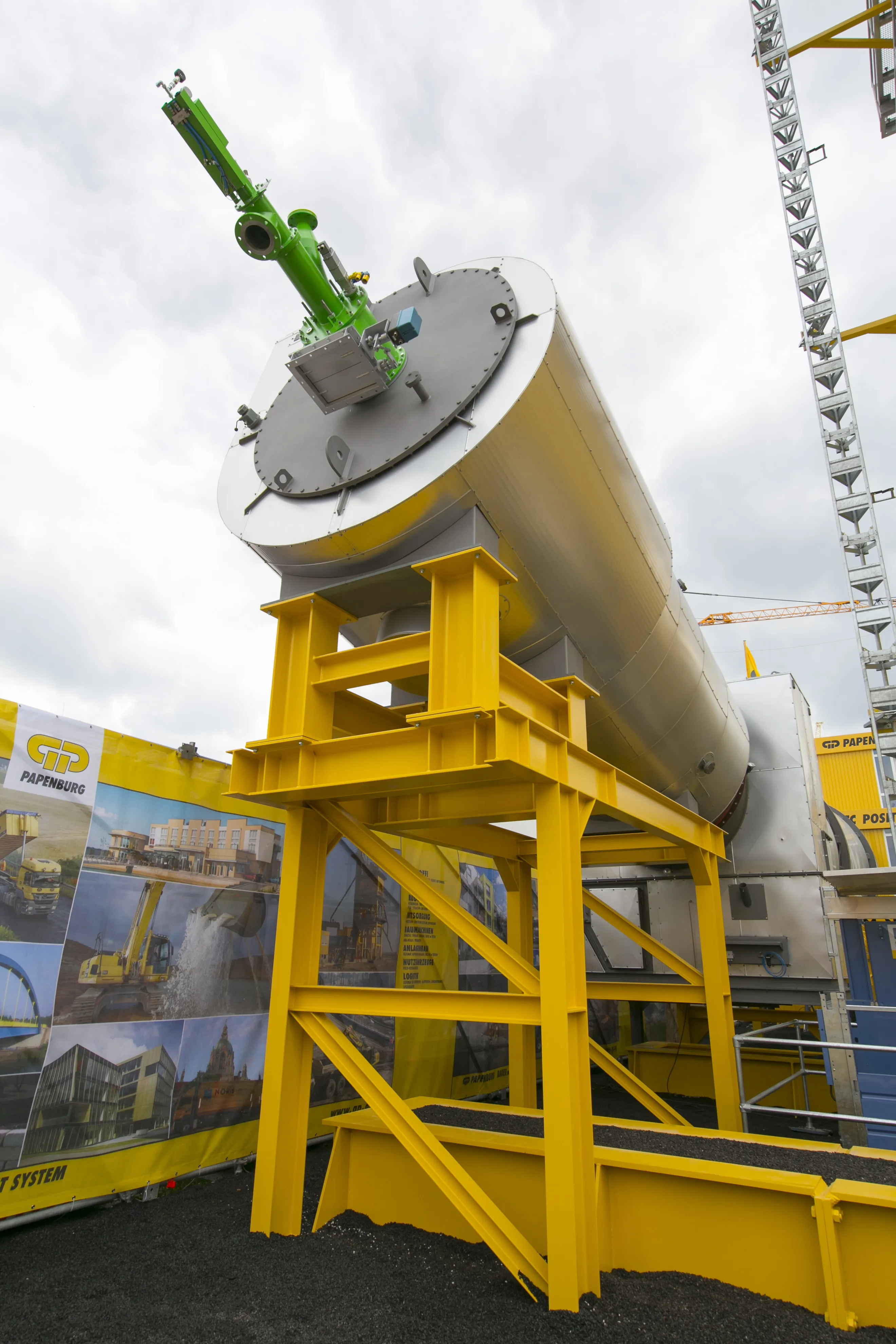Allu has updated its screener crusher products, and now offers what it claims to be the biggest such bucket in the world.
“Allu launches an updated Allu Screener Crusher where one unit can be equipped with many types of drums: drums with changeable blades, fixed blades or with the new patented TS construction where just by repositioning the blades the customer will be able to get two different fragment sizes with one unit,” says the company.
“The feature will benefit customers with more flexibility an
March 4, 2016
Read time: 2 mins

“Allu launches an updated Allu Screener Crusher where one unit can be equipped with many types of drums: drums with changeable blades, fixed blades or with the new patented TS construction where just by repositioning the blades the customer will be able to get two different fragment sizes with one unit,” says the company.
“The feature will benefit customers with more flexibility and business opportunities as the same unit can fulfil several output requirements without additional investments.”
Allu says its M series screener crusher buckets have received a lot of interest from the processing industry and mining.
These monster screen crushers fit 50-160tonne excavators and 30–90tonne wheeled loaders.
Examples of customer applications with M- buckets are, for example, securing material flow in power plants processing lumpy material prior to conveyer belts or processing iron ore for loading and hauling.
“Customers will have substantial benefits also from the wide variety of drums and blades developed by Allu. The stabilisation drum is now available with quickly changeable blades and the change can be done out in the field: no more welding at the job site.”
Also being introduced is the Allu Dare system (Data Reporting system) that reports working data such as working hours and number of buckets processed. This on-line data provides information to the customer that can now estimate even the hourly production.
All videos









